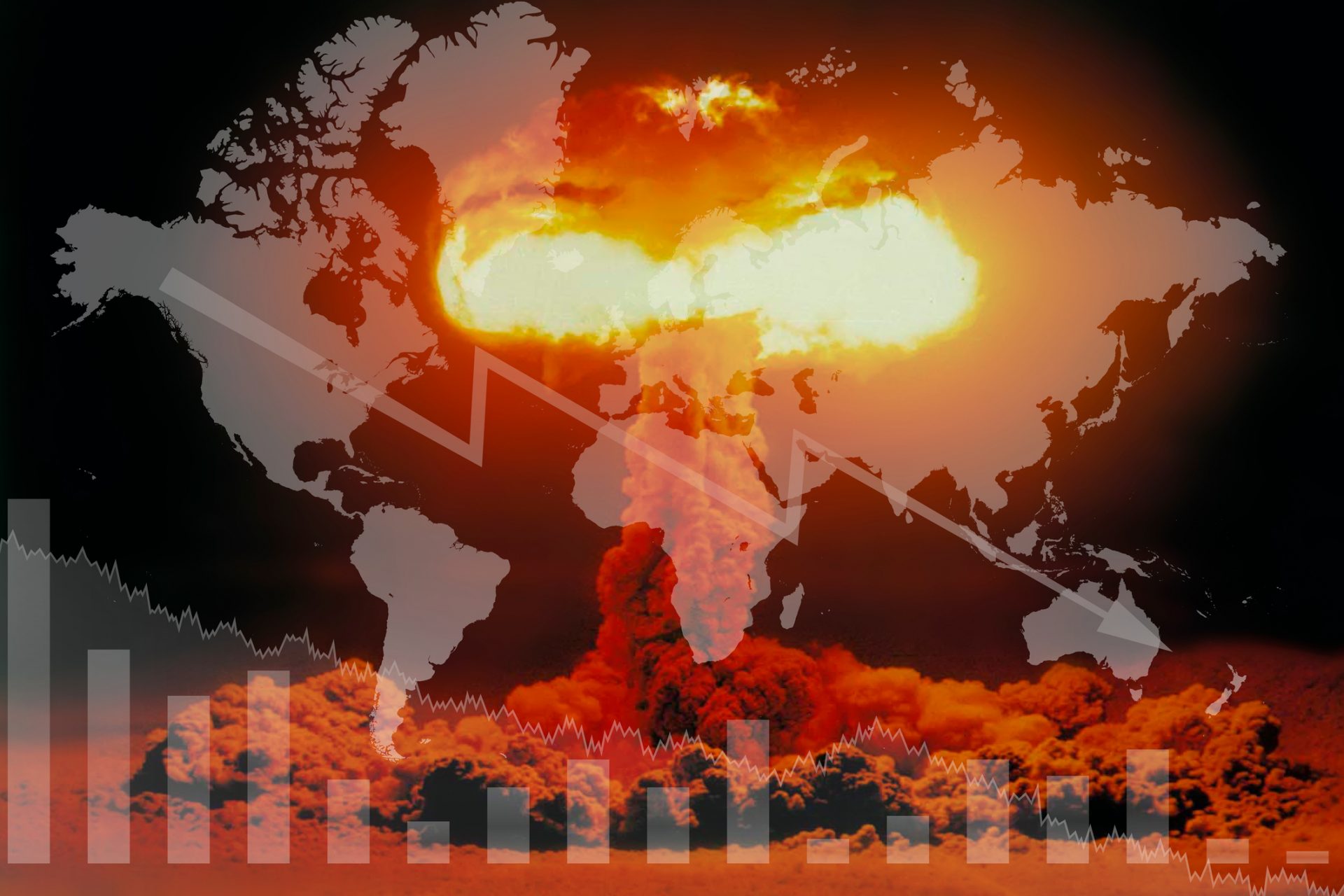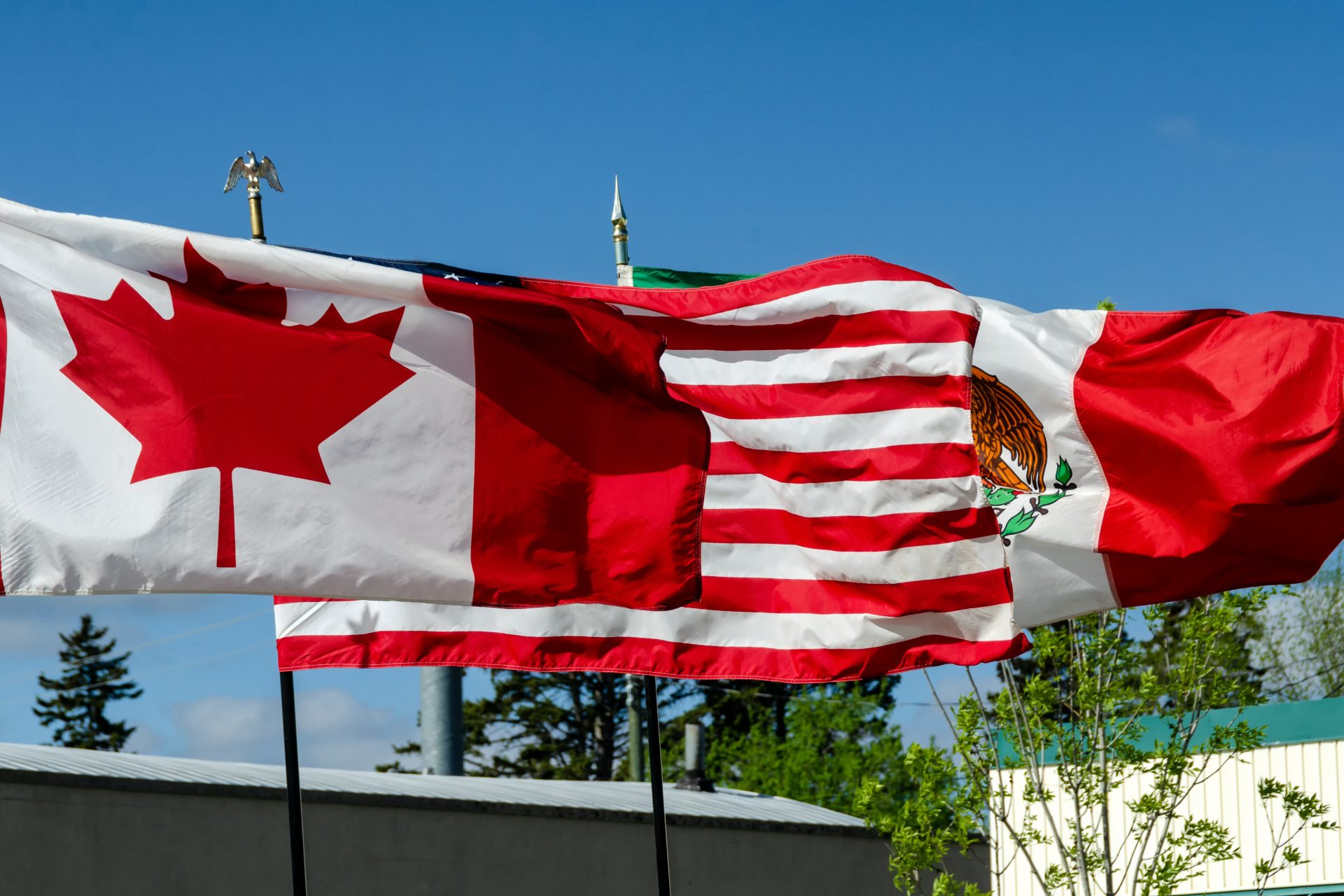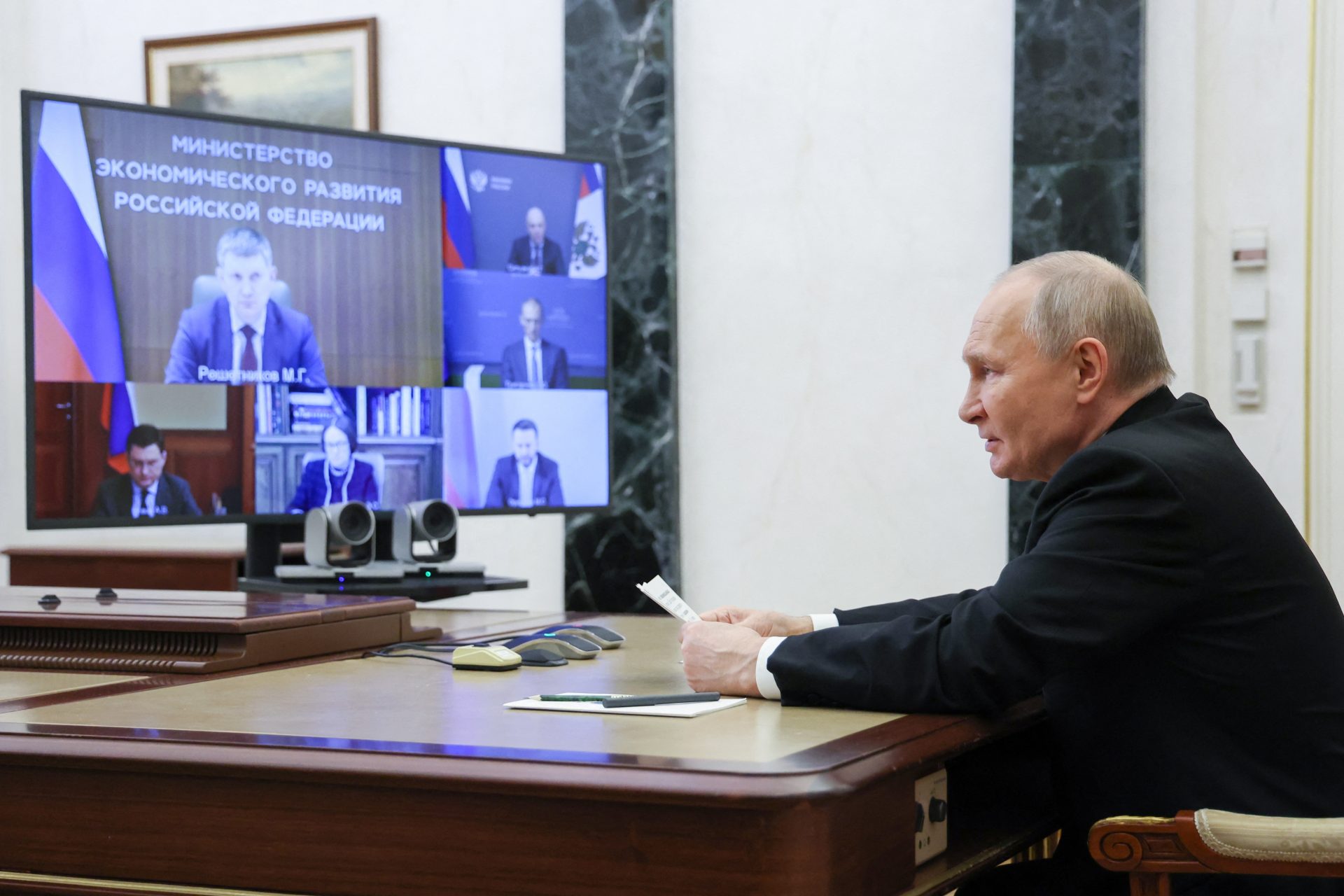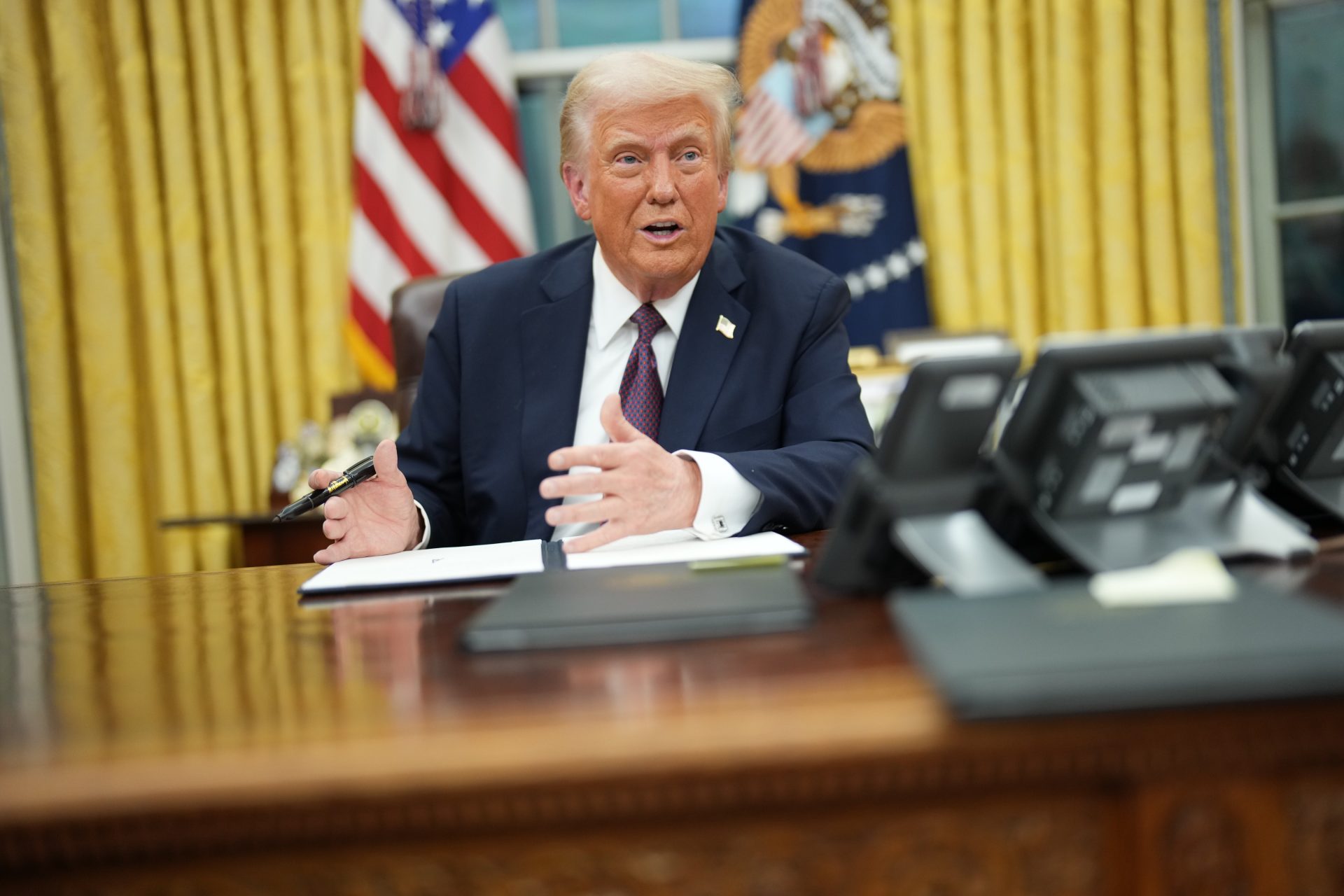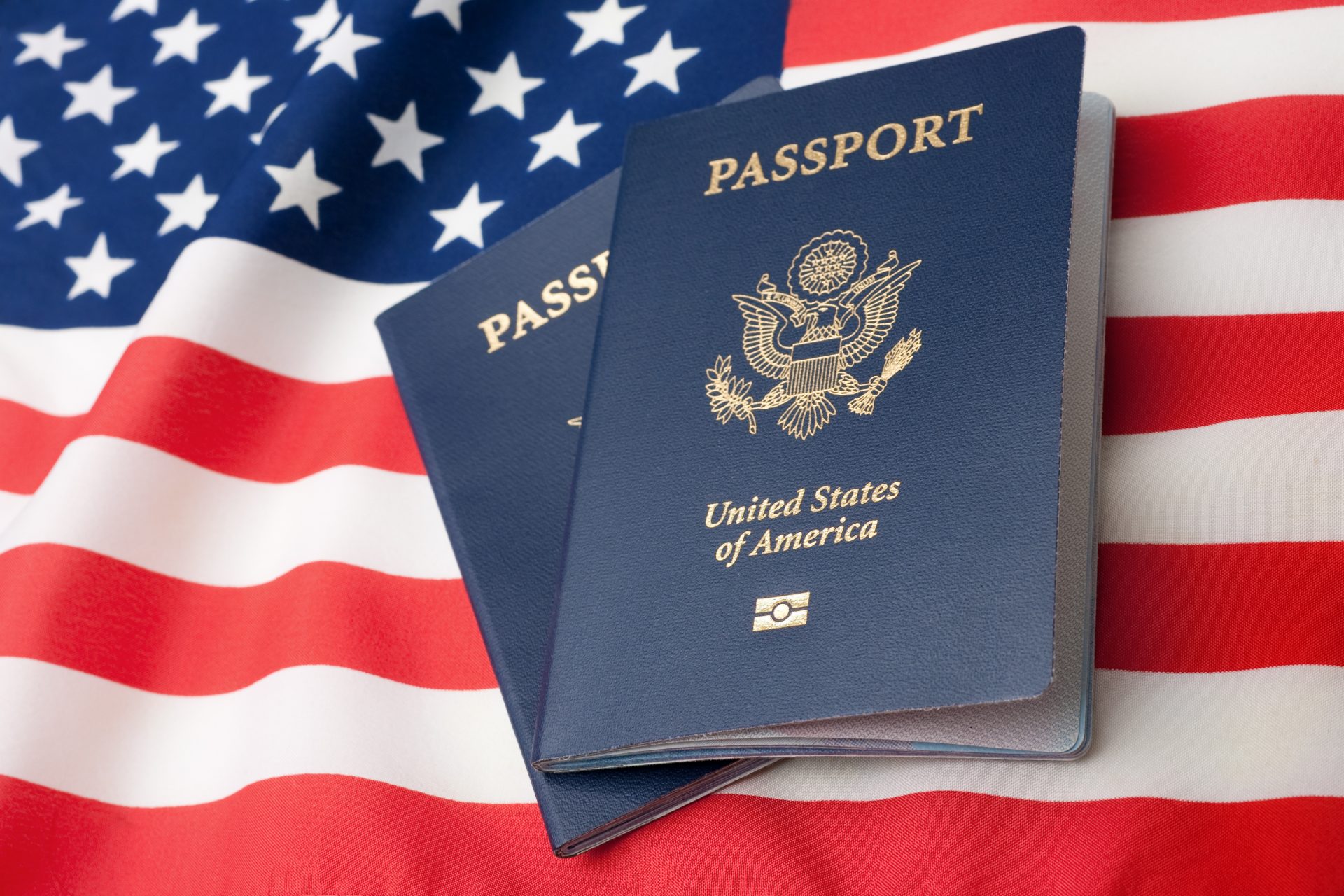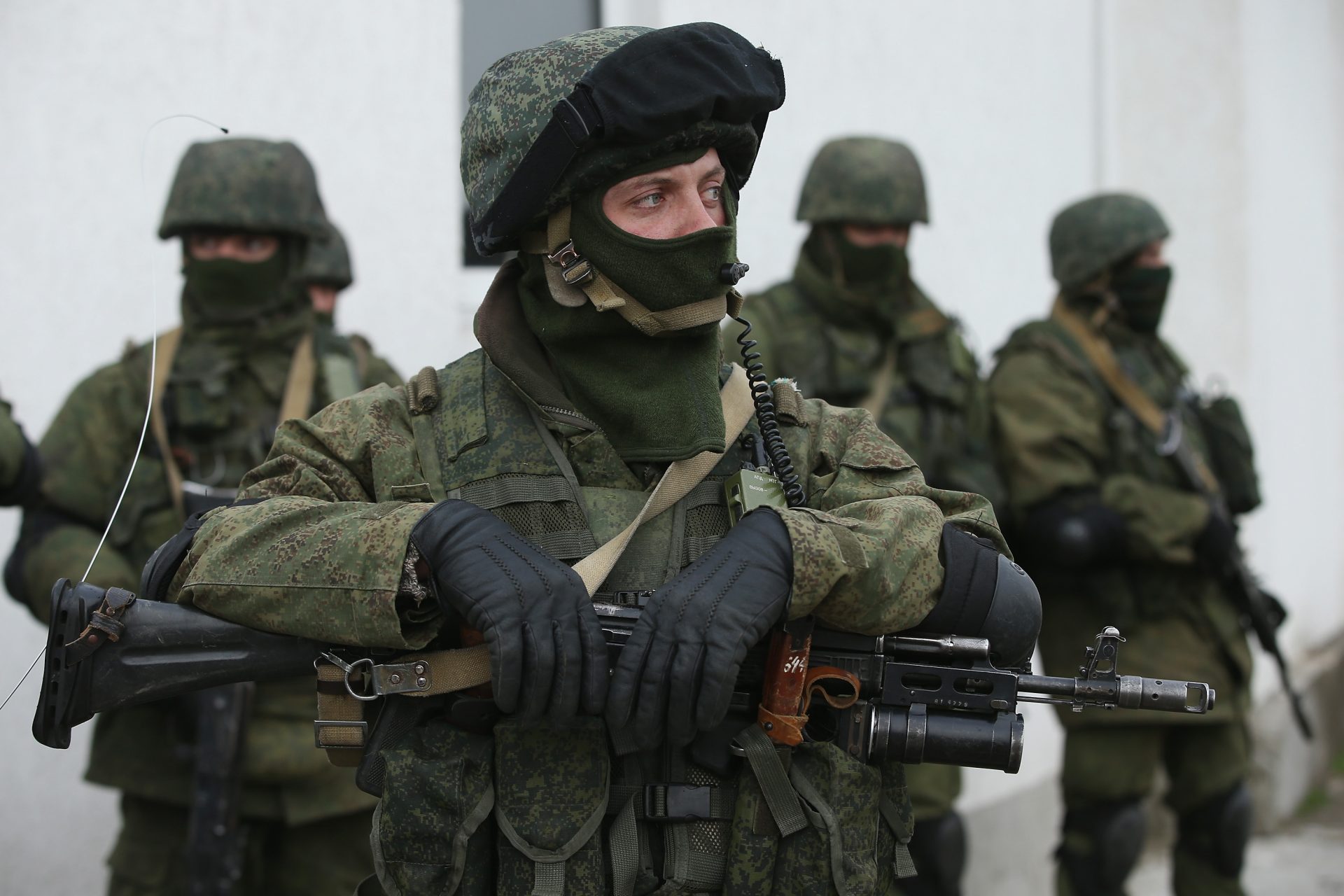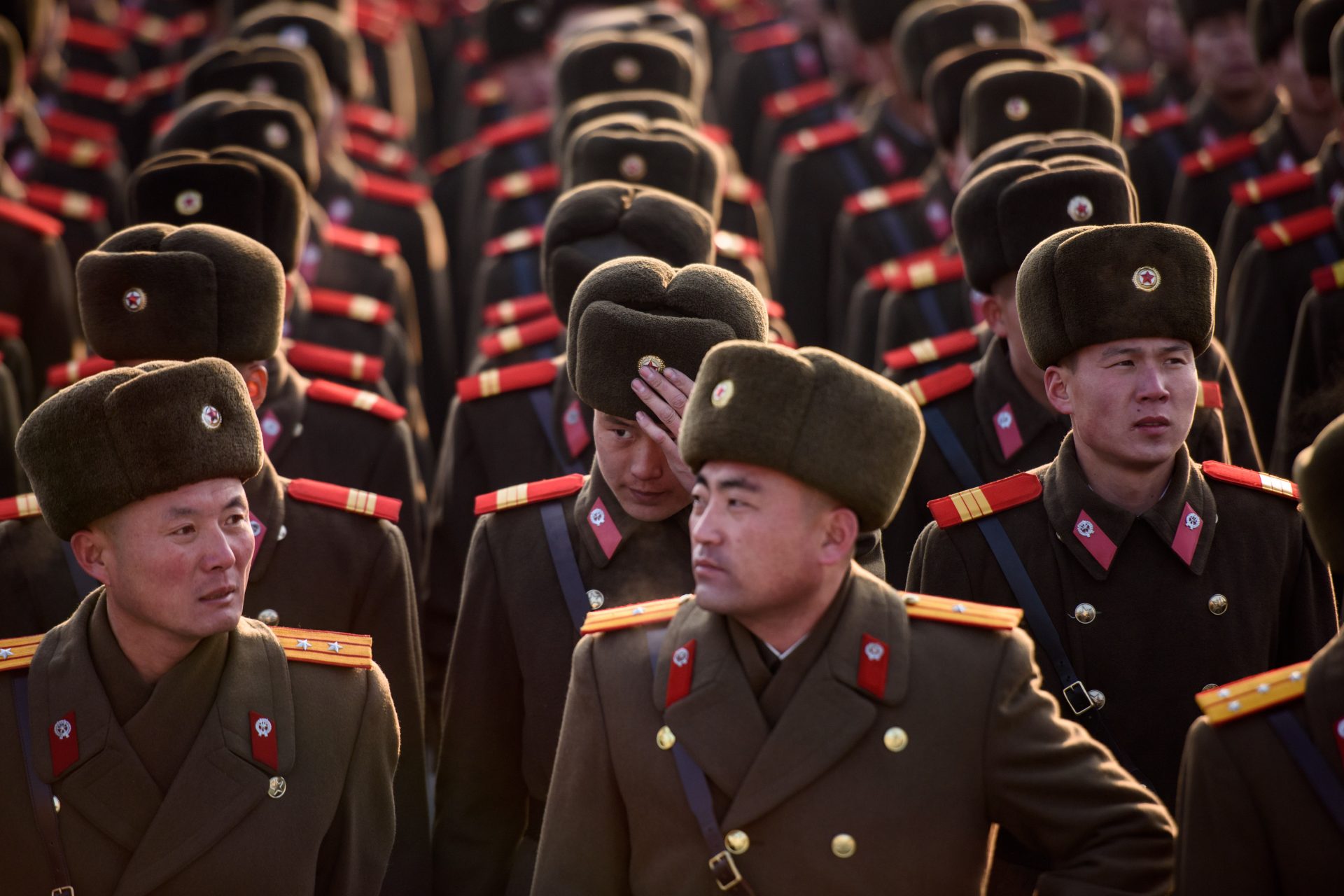Nuclear sponges: US states that would be hit first in case of a nuclear war
The threat of nuclear annihilation seems something out of the darkest days of the Cold War. However, with tensions rising between Russia and the West, the fear of a superpower dropping the bomb is back again.
During the Cold War, the US government identified certain areas on US soil that could serve as “shields” or “sponges” in case of a nuclear attack from the Soviet Union.
Not many people know that a few parts of the United States were designated as 'nuclear sponges', and even fewer are aware they could be living in one of them.
The idea was to stockpile Intercontinental Ballistic Missiles (ICBMs) and their launching silos in scarcely populated, strategically-unimportant regions.
This would draw attention away from New York, San Francisco, Washington D.C., and other locations considered more important, populated, and strategically relevant.
According to a piece by the Council of Foreign Relations, these potential nuclear “shields” or "sponges" include Montana, North Dakota, South Dakota, Wyoming, Nebraska, and Colorado.
For instance, the LGM-30 Minuteman, the only land-based ICBM currently in service by the United States at the moment, has launching silos in Montana, Wyoming, and North Dakota.
These ICBMs are considered the “land leg” of the “nuclear triad”, along with strategic bombers and ballistic missiles launched from submarines.
NPR provides two more reasons why nuclear “shields” or “sponges” were placed on the Great Plains.
Image: Joshua Case / Unsplash
The shortest distance between Russia and the United States for a missile is across the North Pole.
For instance, the distance between the now-decommissioned Delta-09 missile silo in South Dakota to Moscow is only 5,000 miles (ca. 8,047 km).
Minuteman sites were also placed far from the coast in order to have more warning time in case Soviet submarines launched missiles toward US soil.
However, it’s important to highlight that this strategy comes from the Cold War and its relevance today is highly questionable.
The number of Minuteman III missiles has gone down in 50 years from 1,000 to 400 and a few missile silos have been decommissioned since the fall of the Soviet Union.
Nonetheless, starting in 2030, the Minuteman III missile will be gradually phased out by the LGM-35 Sentinel.
Tensions between Russia and the NATO countries due to the war in Ukraine have brought new concerns about the possibility of nuclear warfare.
This reached a pivotal moment in January 2023, when Vladimir Putin announced that Russia would pull out from New START, a treaty that sought to reduce the number of nuclear weapons available by Moscow and Washington D.C.
It’s hard to say what this will mean in the long run, not only for US areas that are nuclear “sponges” but for humanity as a whole.
More for you
Top Stories



